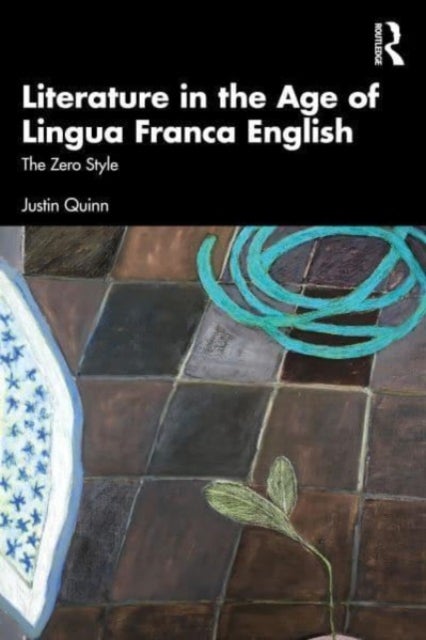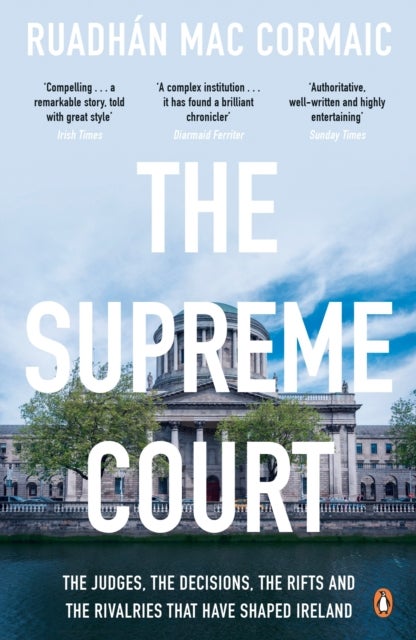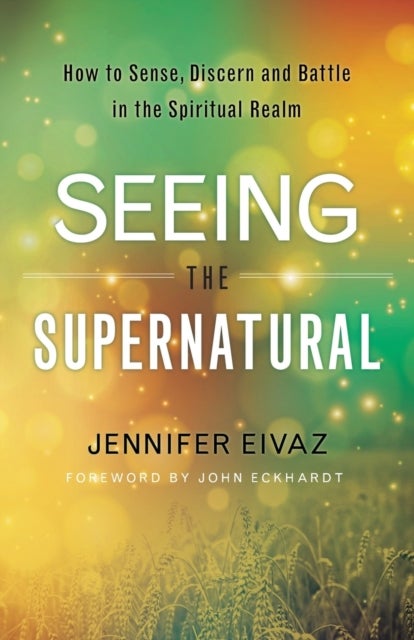
Literature in the Age of Lingua Franca English av Justin Quinn
479,-
<p>The English language is now a lingua franca spoken by about two billion people. This insightful study considers how a ¿bridge language¿ affects world literature by analysing what it is, how it works, what are its themes, what it means for canons, and how it is mediated.</p><p>Cultural criticism often employs perspectives of race, citizenship, and colonialism, as well as considerations of scale (archipelagic, planetary), form (analogies between the literary and the social), and technologies (as they inflect artifacts). These approaches help rethink the new dynamics of anglophone literature, but they have often overlooked one of the basic elements of literature¿the language itself. Literatures in English vernaculars have flourished, and Justin Quinn shows that writers are also creating a new idiom in English that is not fixed to a particular locale or community. While sentences may become simpler, the vocabulary range narrower, and rich cultural references lost, Quinn reveals how much








